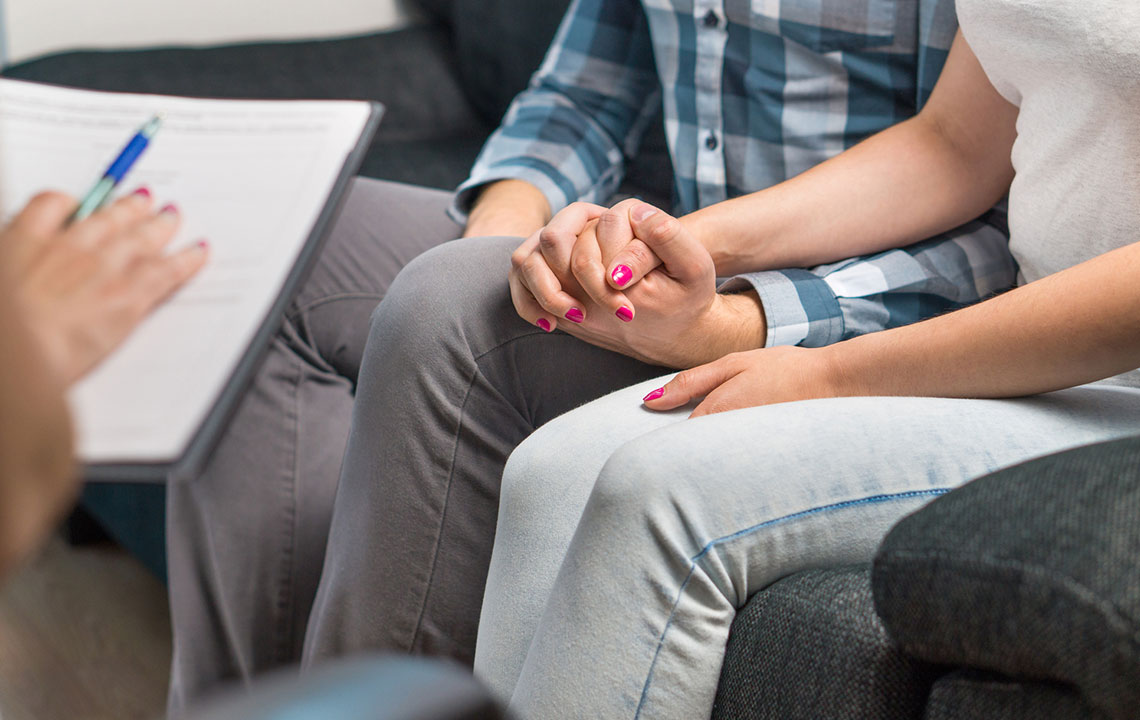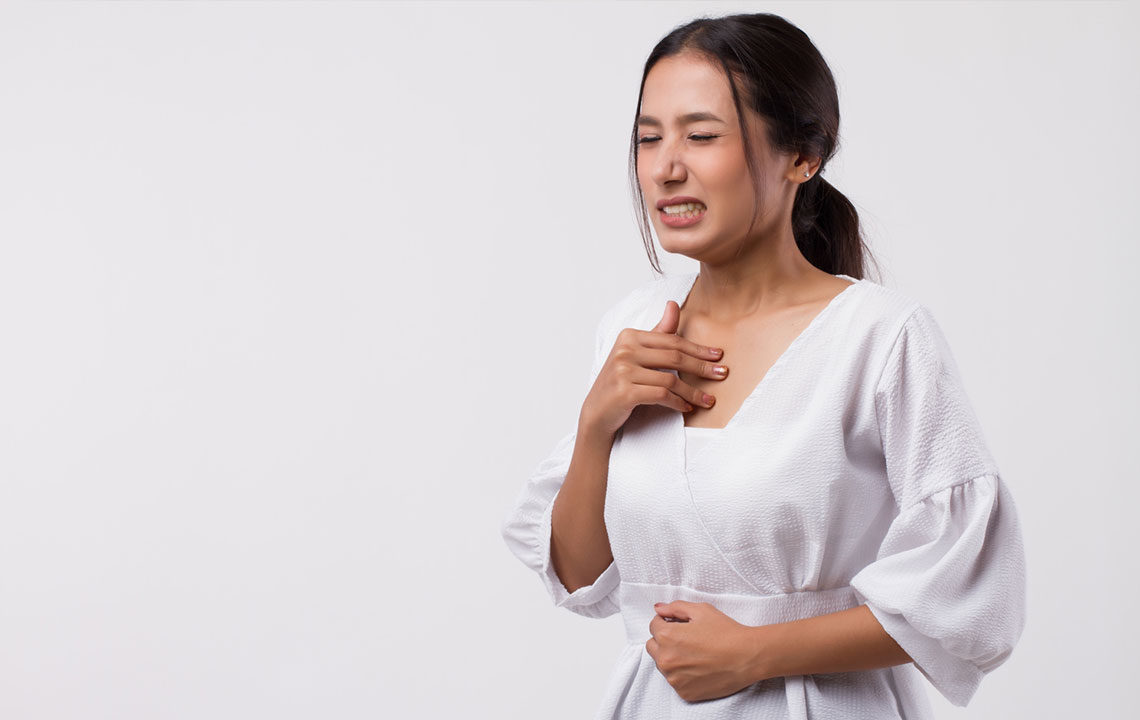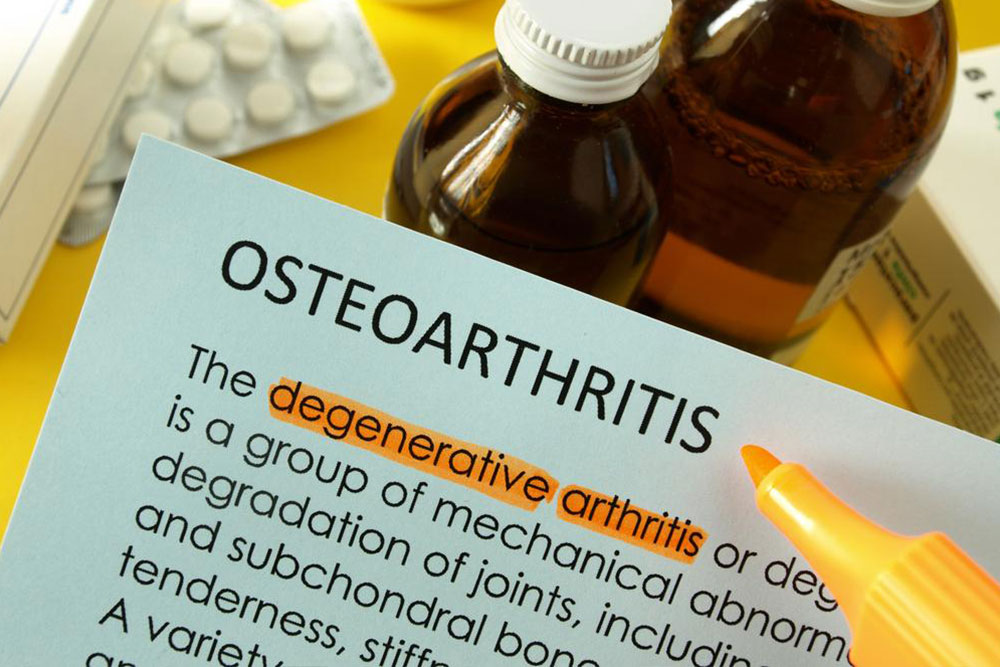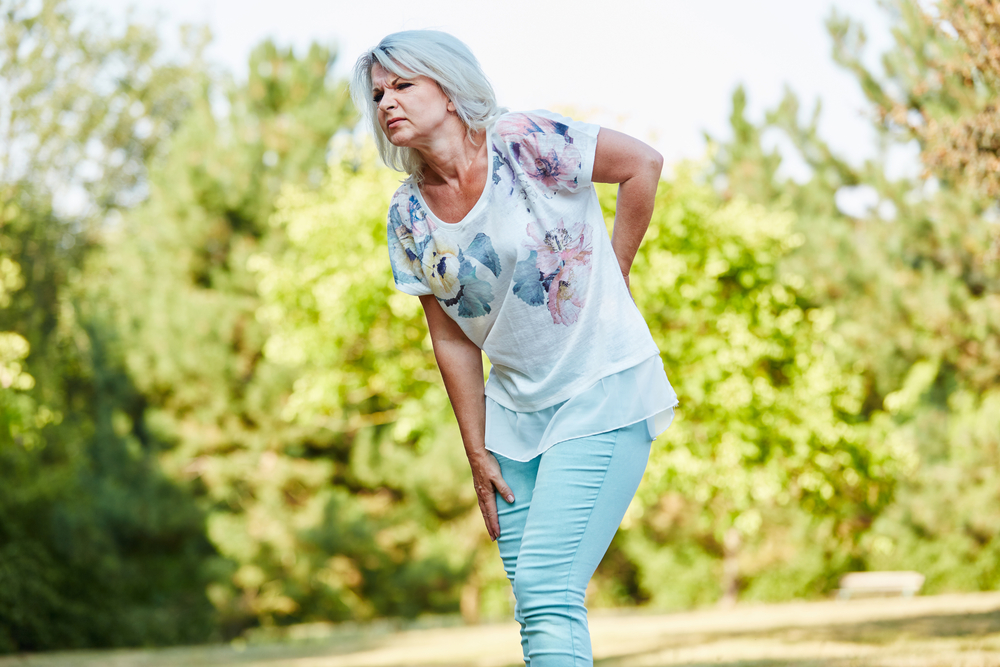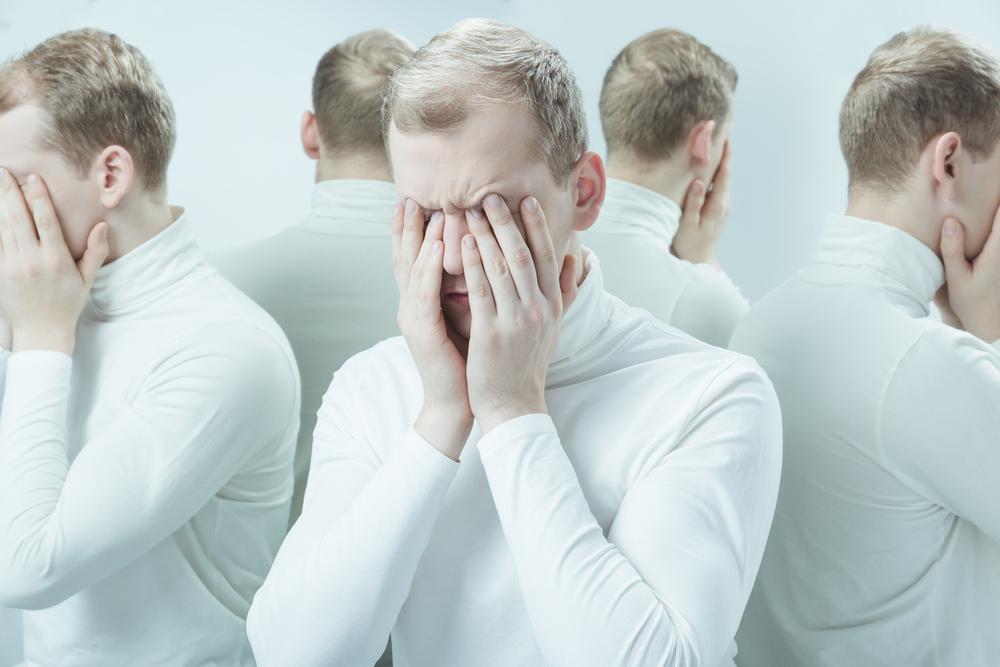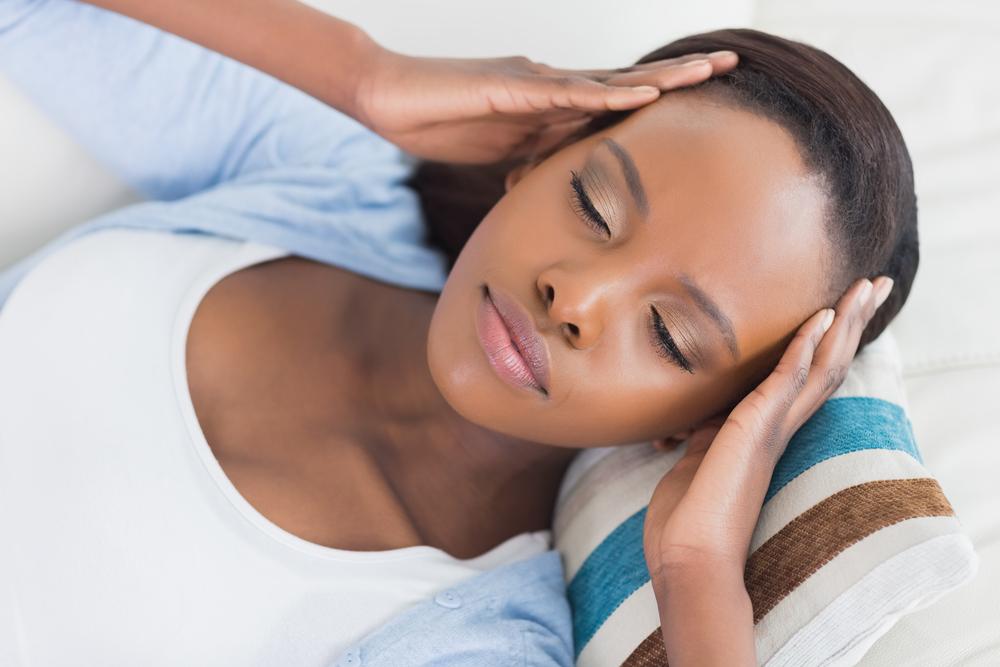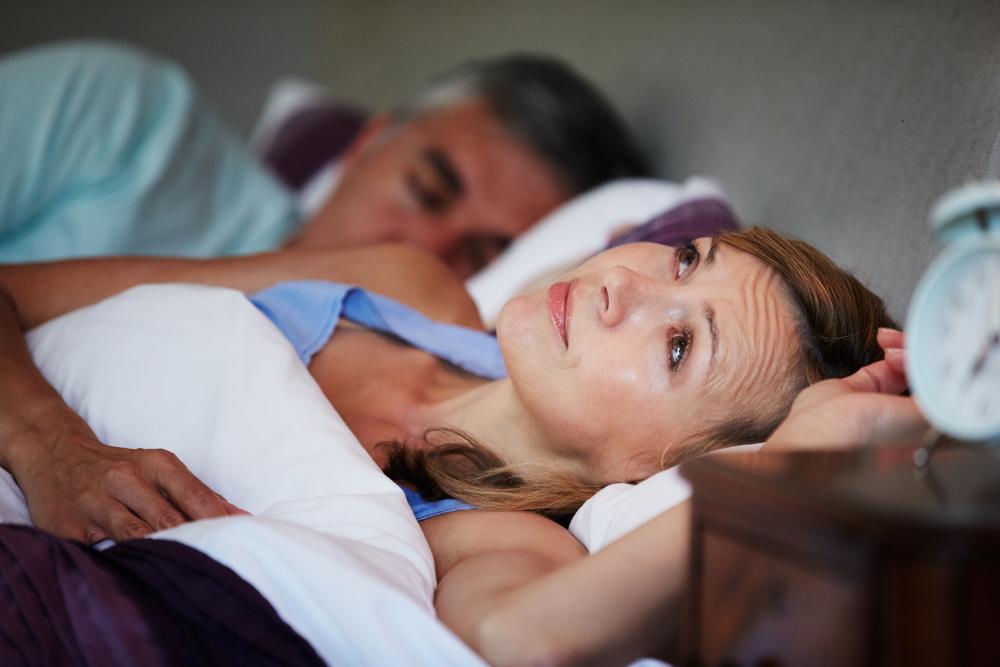Effective Strategies and Lifestyle Tips for Managing Anxiety and Panic Attacks
This article explores effective treatment options including psychotherapy, medications, and lifestyle modifications for managing anxiety and panic disorders. It emphasizes the importance of early intervention, tailored therapies, and healthy habits like staying active and ensuring good sleep. Combining treatments with lifestyle changes can significantly improve recovery outcomes. Readers are encouraged to seek professional guidance for personalized care and approach anxiety management holistically for best results.
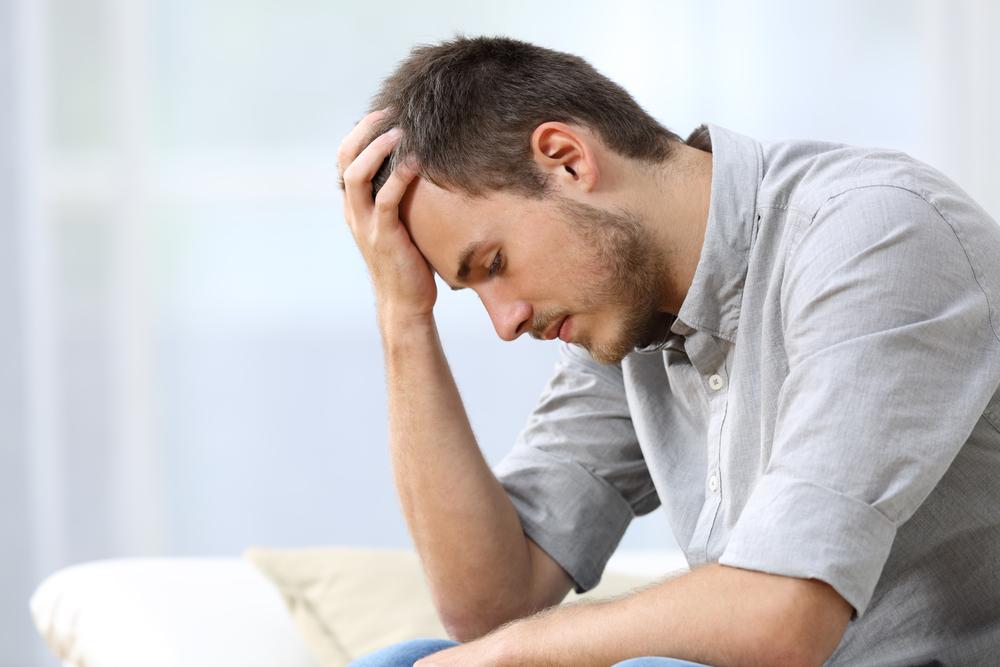
Anxiety disorders can affect individuals of all ages, with severity guiding the treatment approach. Main treatment options include psychotherapy and medication. Typically, doctors recommend counseling initially, especially for mild cases. If there’s little improvement, medication or specialized therapy may be prescribed. Key treatments involve talk therapy, especially Cognitive Behavioral Therapy (CBT), which helps patients develop skills to control symptoms. Medications like antidepressants, buspirone, and, in some cases, benzodiazepines are used to manage anxiety. Additionally, lifestyle changes such as staying active, taking breaks, and ensuring proper sleep significantly aid in recovery.
Psychotherapy - Often the first step, this includes counseling sessions aimed at helping patients discuss triggers and develop coping skills. CBT is highly effective in teaching patients to manage worries and avoid situations that escalate anxiety. Monitoring treatment progress within the initial weeks helps determine its effectiveness. For severe cases, medications are often combined with therapy.
Medications - Various drugs are prescribed to alleviate anxiety symptoms. Common options include antidepressants like SSRIs and SNRIs such as escitalopram and venlafaxine. Buspirone is another medication used regularly to control ongoing anxiety, taking several weeks to show results. Benzodiazepines may be prescribed for immediate relief in acute scenarios but are generally avoided due to their addictive potential, especially in patients with substance dependencies.
Living Better with Lifestyle Adjustments - Incorporating healthy habits enhances treatment outcomes. Staying physically active prevents confinement to inactivity. Short trips and social outings provide mental relief. Prioritizing adequate sleep is essential, as it supports the effectiveness of therapy and medication. These holistic approaches are vital for effective anxiety and panic management.
Disclaimer: Our blog offers diverse, research-backed information for educational purposes. While our content aims to inform, it should not replace professional medical advice. Readers should consult healthcare providers for personalized treatment. We do not guarantee accuracy or completeness of all data provided and acknowledge that available treatments and schemes may vary.

